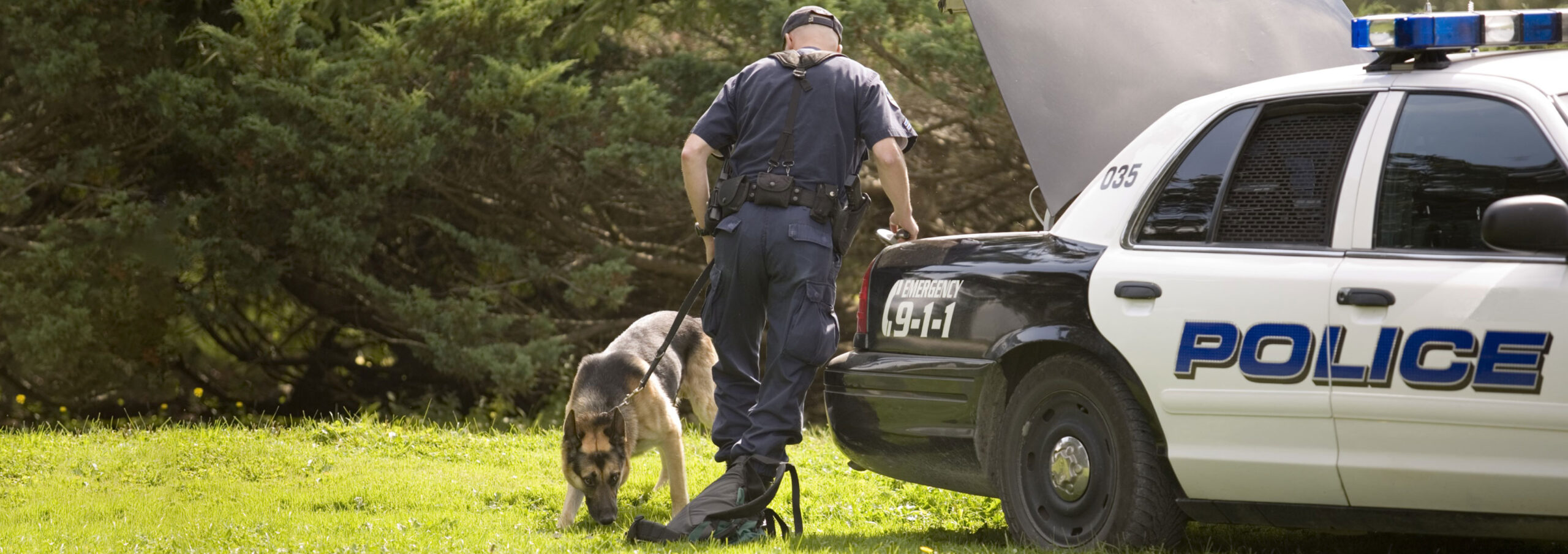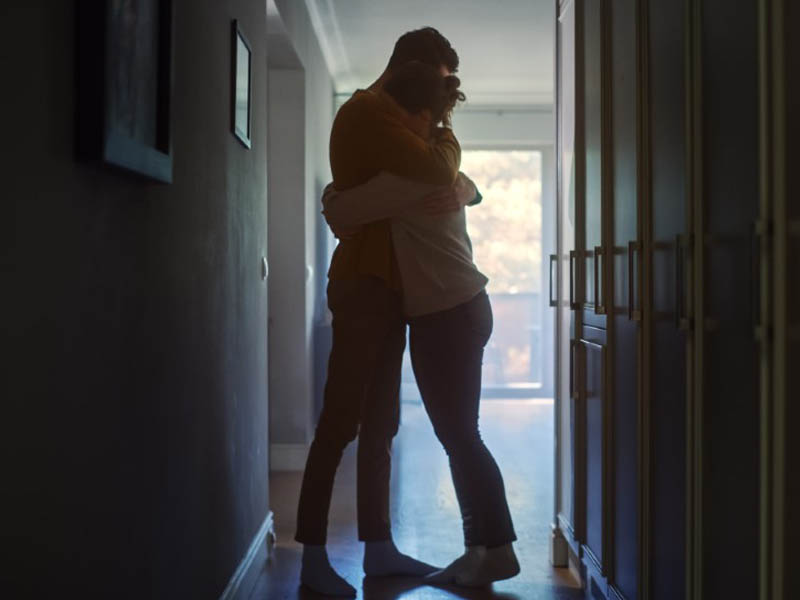Protections against Unreasonable Searches and Seizures
The Fourth Amendment’s search and seizure laws apply to virtually every incident of police conduct, whether it is a routine traffic stop or obtaining a warrant to make a big drug bust. In general, the Fourth Amendment protects each citizen’s personal privacy and guarantees the right to be free from unreasonable government intrusion into his or her physical person, homes, businesses, and property. The Fourth Amendment’s protections apply, for example, when a police officer stops an individual in public, when the police initiate a routine traffic stop, and when an individual is arrested. The protections also apply when police officers enter a home, apartment, or place of business to search for evidence of a crime, or when an individual’s vehicle is confiscated or placed under police control.
In most instances, a police officer may not conduct a search without first obtaining a warrant or in the absence of having sufficient evidence to support the officer’s belief that a crime has been committed. This latter standard is typically referred to as probable cause. Over time, the courts have issued many opinions that discuss which activities constitute a search and the type of evidence that a police officer must have in order to support probable cause. For example, the U.S. Supreme Court has held that the Fourth Amendment’s guarantee against unreasonable searches applies when a person has an actual and subjective expectation of privacy, and society at large is prepared to recognize that expectation as objectively reasonable. For example, most people using a public restroom have a subjective expectation that they will have privacy, and society in general acknowledges this expectation of privacy when using a public restroom. Accordingly, the police may not install a hidden video camera in a public restroom without first obtaining a warrant.
Bringing a Motion to Suppress Evidence
If the police conduct an unlawful search and seizure in violation of the Fourth Amendment, a defendant can bring a motion to suppress any evidence obtained as a result of the illegal search and seizure. In general, this is known as the exclusionary rule. Additionally, courts have held that any additional evidence derived from the unlawfully obtained evidence must also be suppressed at trial. Known as the “fruit of the poisonous tree” doctrine, this rule seeks to provide further protections against unreasonable searches and seizures.
There are some instances in which the police may forgo obtaining a warrant despite the Fourth Amendment’s protections. For example, courts have held that police may conduct a search and seizure without first obtaining a warrant when exigent circumstances are involved. An exigent circumstance can include instances when the police are in danger, when there is a risk that evidence is being destroyed, when there is a threat of a suspect’s imminent escape, or when another individual is in danger. The list of exceptions to the Fourth Amendment is long and complicated, and it has been the subject of many court opinions throughout the years.
Consult a Boston Lawyer to Protect Your Rights against the Prosecution
If you or someone you know is facing charges for drug offenses, OUI, assault, or other offenses, the Boston attorneys at Lowney Law, LLC, can help. We understand how important it is to review police conduct in each case and to bring a motion to suppress any evidence that was obtained through an illegal search and seizure. We offer a variety of payment options and can work with you to ensure that you can afford the knowledgeable and aggressive counsel that you deserve. Call us at 1-617-364-8000 or contact us online to set up a free consultation. We also represent individuals in Hyde Park, Mattapan, Dorchester, Jamaica Plain, Roxbury, West Roxbury, and Roslindale, as well as communities throughout Suffolk County.





